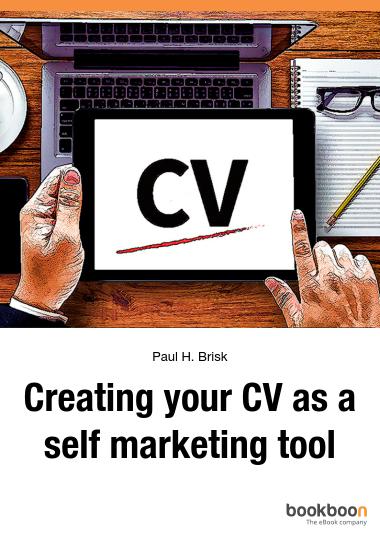How to apply abroad – Finding a job in Germany

If you are thinking of applying for a job, it doesn’t matter where you are located: your goal will always be to impress the reader of your CV and get hired. When it comes to applying abroad, Germany, as one of the strongest economic powers in Europe, is becoming increasingly popular. However, don’t forget that there are some differences in application processes between different countries. We have collected the most striking ones to help you make sure that your application to Germany is a success.
The German Cover Letter – you only have 15 seconds to make an impression
Presentation
Your cover letter should be very short and precise, no longer than a page. Your personal data will be written in the upper left corner of the letter. This includes your full name, address, phone number and e-mail.
Below that, you will need to write the company’s name and address. Make sure to leave three lines of space between your address and the company’s address. Next, note where and when the cover letter is being written (on the right side of the page). Following your current location, type a comma followed by the current date. Dates can be written either as numbers (e.g.: 12.02.2013) or as a mix of numbers and words (e.g.: 12. Februar 2013). Please do not write the month before the day (02-12-2013), this is not common in Germany.
The date should be followed by the subject of your application, which should be the exact name and type of position you are applying for. It is also recommended to use the date and title of the job advertisement to which you are responding.
Your text body
Start by saluting your contact person. If you do not know the person’s name, a typical phrase to use is “Sehr geehrte Damen und Herren” (this is the equivalent of “Dear Sir or Madam”).
What follows is a short text stating your motivation and personal skills to match the requirements listed in the job advertisement. After concluding your letter, sign it while mentioning your location and current date – just like in the UK.
Write “Anlagen:” and a list of all your enclosures at the very bottom of your Cover Letter, as these will help your contact person.
German CVs: Smile, please! Your photo will be included
There are few more differences between Germany and the UK when it comes to the CV. Your CV will be headed “Lebenslauf” and four other parts will follow. Firstly, you will need to state your personal data. This includes your name, date and place of birth as well as your nationality. Your marital status can be added but is optional.
The most notable difference: The German CV requires the applicant’s recent photo, which should be placed in the right hand corner. You should pick a nice, professional looking photo in business attire, with a neutral white background. Make sure your photo is of good quality: it will be one of the most important details of the first impression you make.
The second and third parts will be your education and work experience in reverse chronological order. The final part will be called “Personal skills and activities”. Mention your language and computer skills as well as any other specific skill that is required in your job. Don’t forget to note your English skills as “native speaker”; this will be very positive for a German employer. Sign the CV with your location and current date.
Enclosures: Grades and certificates, a complete file is always required!
As opposed to the UK, a complete file of enclosures is required in Germany. Your first application will include copies of your most important education certificates (high school or university); work certificates or letters of reference, and official language certificates (if you have any). Remember to include one copy of the original document as well as a German translation. This is best to be done by a professional translator.
Lastly, some general advice:
- Online applications are becoming more and more popular in Germany. You can write your cover letter via e-mail and attach scanned copies of CV and enclosures as a pdf-document.
- If you apply in the traditional way, enclose your application in a simple folder, without sheet protectors; make sure it is neat and tidy.
- The cover letter should be packed loosely before the CV and enclosures, which are filed.
- Make sure to sign personally and with blue ink on your cover letter and CV, do not copy your signature! If you apply online, scan your signature.
- A consisted “header” with your name and address on every page and page numbers on your CV are a nice guideline for your contact person.
Keep in mind those differences and your application will be (formally) perfect. Best of luck with your application to Germany!
This article has been written by editors of the German company access. access is dealing with Talent Marketing, Recruiting and Talent Sourcing since 1991. They give career advice to students and graduates and help prominent companies find High Potentials to match their needs.




